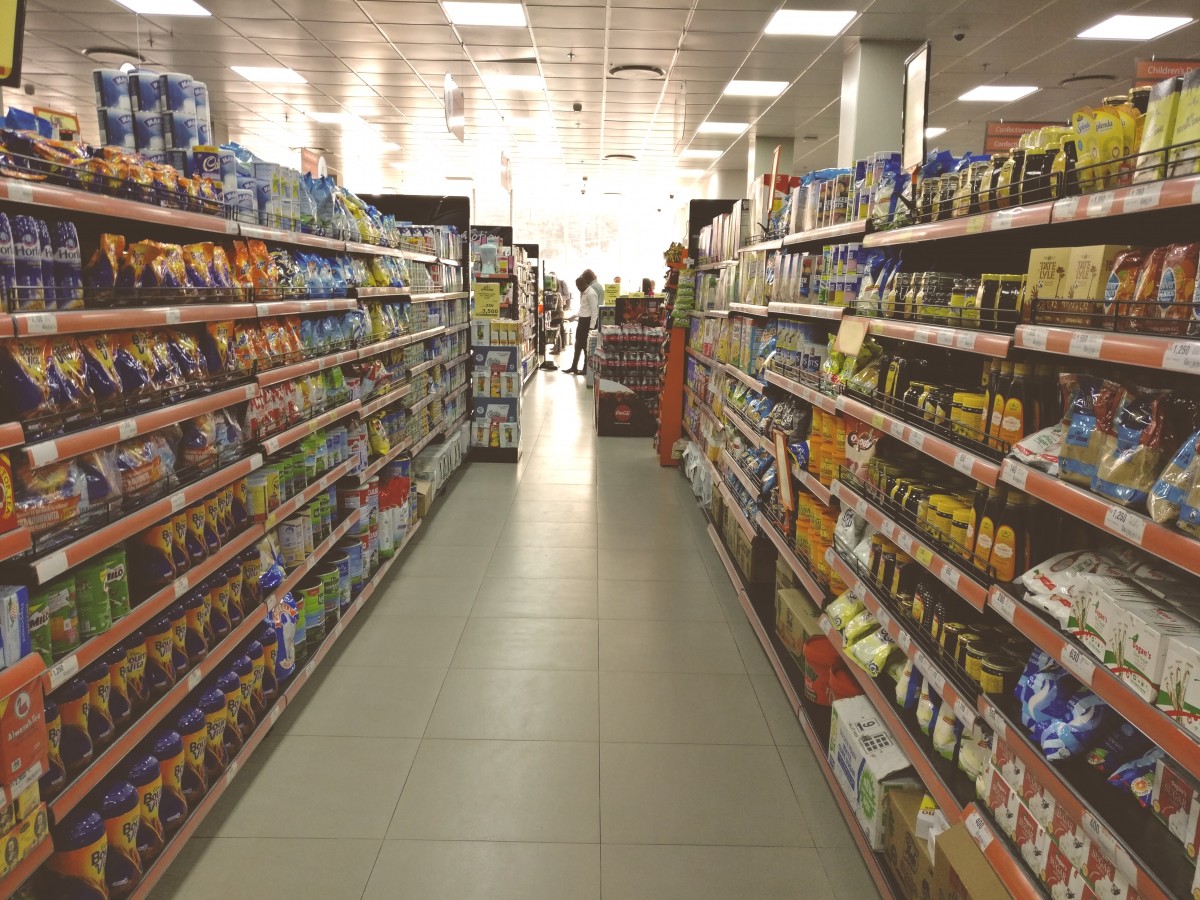Doing business in Nigeria can be tough and you can face major challenges, but good market strategies can greatly help a multinational firm navigating the Nigerian market. One of the key elements of a robust and resilient strategy is to fully understand the challenges of the sector the firm is operating within in Nigeria.
Although the consumer and industrial goods sector in Nigeria has a lot of opportunities, it is important to understand the relevant major challenges of this particular sector. Gaining this knowledge will help any firm plan how to properly mitigate risks to meet their business goals expediently.
Distribution
One of the major challenges affecting the industrial and consumer goods sector is the poor infrastructural state of Nigeria. Bad roads, inaccessible road networks, and bureaucracy at ports are among the reasons as to why the distribution of goods within Nigeria is very inefficient. These distribution challenges in Nigeria are the reasons as to why companies have to bear the high cost of transportation to move their goods to their target base. This increase in costs ultimately cuts into the bottom line of a business and can quickly deter a new entrant in the Nigerian market.
To overcome this challenge, international companies that are new to the Nigerian market tend to choose a distribution model that involves partnering with local distributors when making their initial entry into the market. By working with a local company that understands the landscape, a new entrant can leverage the local insights of their partner and minimize their risk while taking advantage of new opportunities.
Power Shortages
An inconsistent power supply could easily be the main challenge affecting any business in Nigeria. A subset of the crippling infrastructure issues that make businesses in Nigeria inefficient, the lack of consistent electricity tops the major challenges that have a significant effect on the consumer and industrial goods sector. For one thing, the electricity issue limits the output of the industrial sector, which then reduces the need for industrial and capital goods.
Frequent power outages at factories also damage equipment and machinery, thereby increasing maintenance costs for businesses. This issue also affects perishable consumer goods, as power outages make it difficult for the end-consumer to store perishables over a long period of time.
Businesses have found ways to work around this issue by supplying their factories with more consistent sources of power during production runs. This is done with in-house diesel generators or uninterrupted (steady-state) power supply systems that reduce the risk of damaging expensive equipment. Consumer goods companies are also packaging perishable products in smaller packages so that they can be quickly consumed before going bad.
Price-Sensitivity of the End-Consumer
The average consumer in Nigeria is very price-sensitive. They have the willingness to spend more time and energy searching for discount products to ensure that they purchase the items they need at the lowest rate possible. Since the market is very price-sensitive, there is the proliferation of “cheaper” alternatives to high-quality consumer and industrial goods. These goods are usually imported directly from China, which is a large trade partner with Nigeria.
Most customers are driven to make a purchase based on “value for their money”, which is one of the major challenges that really impacts new entrants, particularly multinationals that sell premium products in developed markets. To overcome this issue, businesses should focus on positioning their products and services as solutions that offer the consumer cost-saving benefits, even if these benefits come in the long run.
Financing
As stated above, a lot of multinationals prefer to partner with local businesses to overcome marketing and distribution challenges in Nigeria. A local distributor or reseller will leverage their local knowledge of the Nigerian market to help your company meet its business objectives.
Accessing capital at a low-interest rate is quite difficult in Nigeria, thereby hindering the growth and success of local businesses in Nigeria. This reality coupled with the foreign exchange risk of a fluctuating local currency can quickly damage a flourishing partnership when the local business does not have sufficient funds to pay its international supplier.
It is clear that financing is a significant friction point and is listed as one of the major challenges for multinational managers exporting goods to Nigeria, which is why most seasoned multinationals doing business in Nigeria place a premium on thoroughly vetting local partners. The vetting process helps the company verify their financial history and sustainability before engaging the potential partner in a commercial relationship.
Education and Training
The issue of education and training mainly pertains to industrial goods and consumer “durable” goods. Industrial goods are usually technically sophisticated, thereby reducing its accessibility to the average Nigerian purchaser. There is a level of technical expertise that is required during installation and after-sales servicing that is hard to come by in the Nigerian workforce. Usually, companies have to spend a good amount of resources on the training and education of their products and services in Nigeria than they would in other parts of the world.
This training cost, albeit very necessary, can cut into a businesses’ profits. To further minimize the risk associated with this challenge, companies usually hire a local technical service agent that can perform maintenance and installation duties at customer sites. Firms that fail to invest in training or hiring the right technical staff run the risk of their customers abandoning their products, which can damage their reputation and affect their long-term sales.
Conclusion
The consumer and industrial goods sector is growing in Nigeria, which has a large consumer-based market. Companies that want to capture opportunities in this sector must remain aware of the major challenges in this sector and use that insight to build a robust strategy that minimizes their risk and avoids potential pitfalls as they expand into the market.

